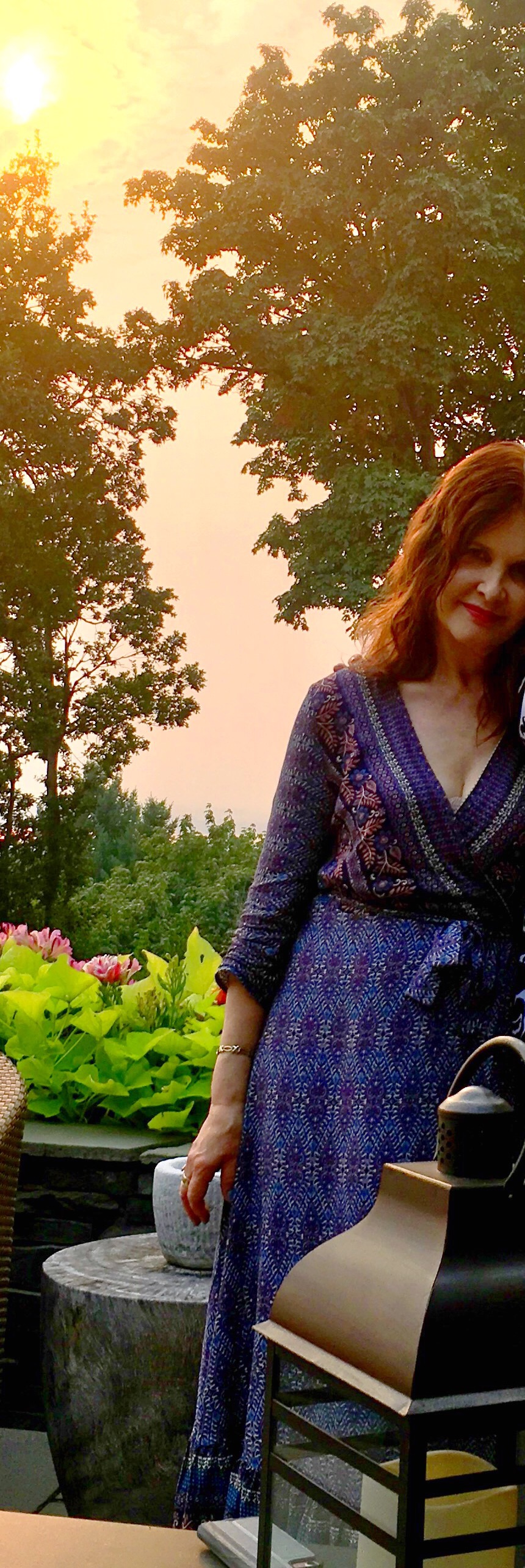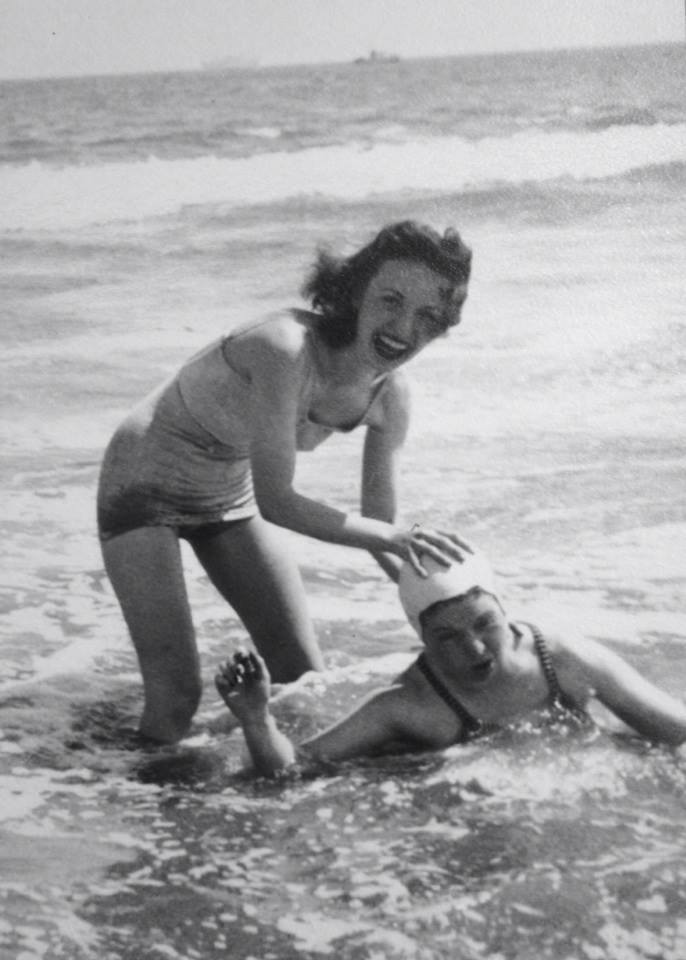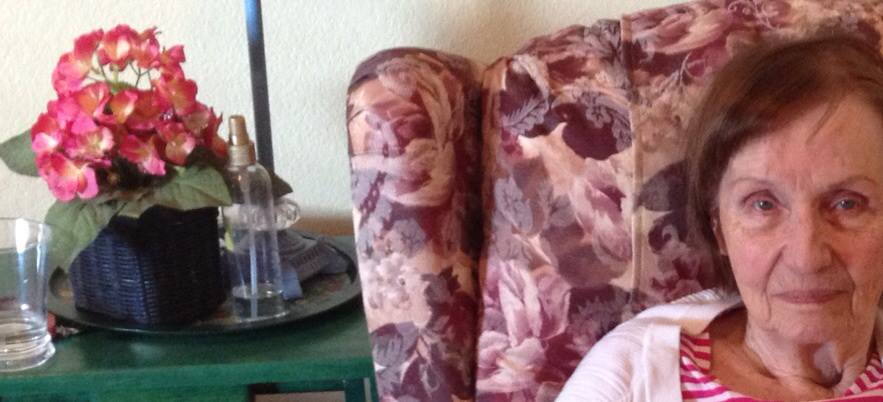
Today is a pretty significant day in my life. I haven’t tom-tommed about it everywhere, in fact not even my nearest and dearest know, but I have been thinking about it all day long. Today marks exactly half my life of being in Britain. This was the first day, all those years ago, that I entered the United Kingdom with a work visa in my hand, stars in my eyes and trepidation in my heart.
It was meant to be temporary, no more than three years and then I would’ve transferred to Hong Kong. Three years seemed like a very long time, but here I am, more than two decades later and it seems to have gone in the blink of an eye.
I am a naturalised British citizen now and very proud of the fact too. However, somewhere within me, an umbilical cord still binds me to my birthplace. I miss the seasons, the colours, the clothes, the food and most of all, my family and friends who still remain in India. However, Britain has given me so much as well. I have my own family here, I have many friends, my job, my hobbies, the freedom to be who I want to be, to reinvent myself, to be fearless and experimental, all of these are boons granted to me by this land.
I cannot lie though and say that everything has been smooth sailing. Adopting a new country as your own and adapting to its culture and norms can be quite terrifying. Even being fluent in English wasn’t enough at times, because my accent wasn’t right. The Indians here weren’t like the Indians in India, and I had to learn a new subset of behaviours and beliefs. Similarly, with the Britons, I had to understand that it could take years before acceptance and true assimilation could occur.
In all of this, I have learned to grow, to evolve, to change that which needed changing and hold on to that which I refused to change. My value system is Indian and will continue to be so, but my outlook has broadened enough to see the fault lines in what I left behind.
What would I consider myself today? An Anglicised Indian? I think not. The world is shrinking at a breathtaking pace. Not in terms of geography, but certainly in terms of connectivity. I am fortunate enough to have travelled to many parts of the globe, and if there’s one thing I can say confidently, it is this: I find myself falling in step with a country and a culture almost seamlessly, even if the language, currency, food and features are palpably alien.
Hence, even though I detest labels, the one I would most identify with at this point, is that of a global citizen. A hokey sentiment? Maybe. But one that feels most true to who I am today.
All those years ago, when I left home to pursue my career ambitions, I had no idea where I would end up and what I would end up doing. In twenty-odd years, I have lived a life I could only have dreamed of. A life filled with love, laughter, happiness, sorrow, career highs and career lows. I have been delighted to discover some wonderful facets to myself and been equally dismayed to find that I am also chock full of flaws. I have become a wife and a mother, I have become a teacher and a writer. I have travelled the world and I have retreated into superlative books.
If I am fortunate enough to have another few decades of life left on this planet, then all I could ask for, with humility and gratitude, is more of the same.





